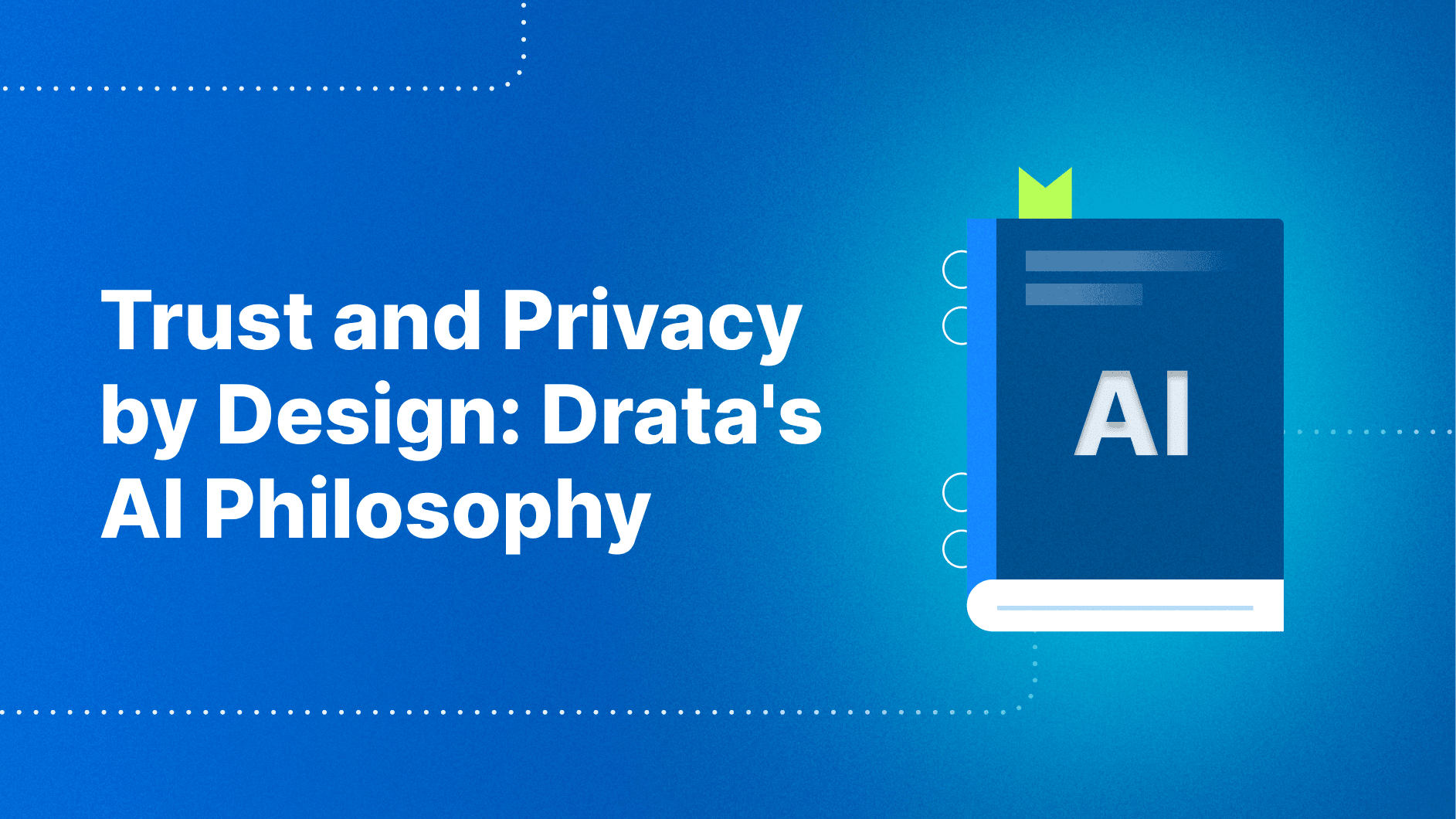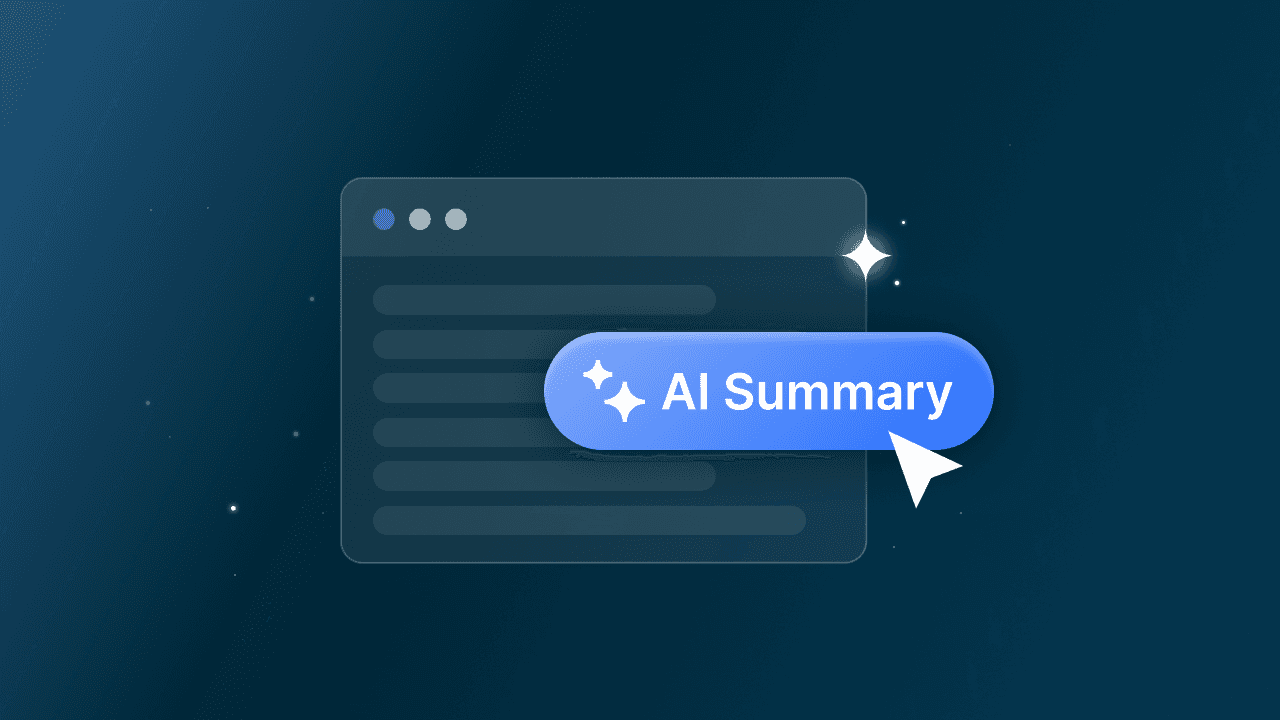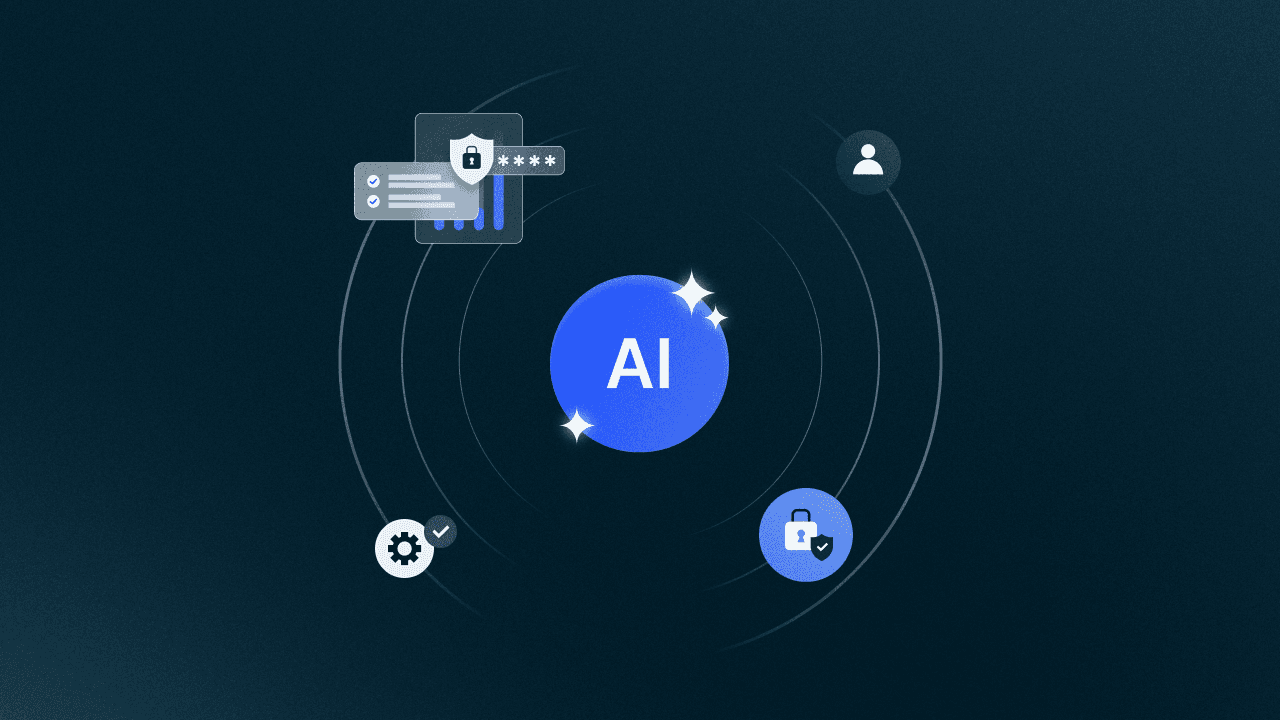Exploring the Principles Behind Responsible AI Development
Explore the core responsible AI principles driving ethical and effective AI development. Learn how leading organizations embed trust, transparency, and accountability into every AI initiative.
Forward-looking organizations understand that adopting AI isn't just a technical shift—it's a strategic and cultural one. Responsible AI development ensures that these powerful technologies serve business goals and align with societal values like fairness, transparency, and accountability.
What are Responsible AI Principles?
Responsible AI principles are a set of ethical guidelines that organizations follow when designing, developing, and deploying AI systems. These principles help mitigate risk, promote trust, and ensure the long-term viability of AI solutions.
While frameworks may vary across industries and regulatory bodies, most responsible AI models include:
Transparency: Clear understanding of how AI systems make decisions.
Fairness: Ensuring outcomes are unbiased and equitable across all groups.
Accountability: Assigning responsibility when AI systems cause harm or make errors.
Privacy: Respecting and safeguarding data throughout the AI lifecycle.
Security: Protecting AI models and underlying data from malicious interference.
Reliability: Ensuring AI systems perform consistently and accurately under varying conditions.
Human Oversight: Keeping humans in the loop for critical decisions and system checks.
These principles aren't just philosophical—they're becoming table stakes for building trust with customers, partners, regulators, and internal stakeholders alike.
Why Responsible AI Principles Matter
In the rush to operationalize AI, companies risk overlooking long-term implications in favor of short-term gains. But responsible AI is more than a checkbox—it's a risk management strategy and brand differentiator.
Organizations that proactively bake responsible AI principles into their workflows benefit from:
Reduced regulatory risk: Preparing for emerging AI laws like the EU AI Act and U.S. policy proposals.
Enhanced customer trust: Building confidence in products and services powered by AI.
Stronger governance: Aligning AI strategy with existing frameworks for risk and compliance.
Improved model performance: Avoiding blind spots and increasing generalizability through inclusive design.
Responsible AI enables scale and sustainability—making it a business imperative, not a technical afterthought.
Drata’s Approach to Responsible AI
At Drata, we’re building AI features that prioritize trust, transparency, and control from the ground up. As a security and compliance automation platform, we understand that trust isn’t given—it’s earned.
That’s why our AI capabilities, such as AI Summaries for Tests and AI Questionnaire Assistance, are designed to make complex GRC data more accessible, explainable, and actionable without sacrificing security.
Internally, we adhere to responsible AI principles by:
Vetting all AI implementations for bias and performance risks.
Ensuring auditability and documentation of AI decision logic.
Maintaining human-in-the-loop oversight for all customer-facing AI outputs.
Encrypting and isolating sensitive data to protect customer information.
We believe the future of compliance is automated, but never at the expense of responsibility.
Embedding Responsible AI into Enterprise Strategy
Implementing responsible AI at scale starts with cross-functional alignment. Security leaders, data scientists, compliance teams, and executive stakeholders must collaborate early and often.
Best practices include:
Establishing an AI governance framework: Define policies, roles, and escalation paths.
Conducting impact assessments: Evaluate AI systems for potential harms before deployment.
Training teams: Equip employees with the knowledge to spot issues and intervene appropriately.
Continuous monitoring: Use audit trails, risk scoring, and red teaming to assess AI behavior over time.
Ultimately, responsible AI isn't a one-time initiative—it's an ongoing commitment embedded into your operational DNA.
Looking to operationalize responsible AI across your compliance program?
Book a demo to see how Drata’s AI-powered platform can help you scale trust without compromising control.
Frequently Asked Questions About Responsible AI Principles
Let’s tackle some of the most commonly asked questions about responsible AI principles.
What are Responsible AI Principles?
They are ethical and governance guidelines that ensure AI systems are developed and used in a way that is fair, accountable, transparent, and safe.
Why Should Businesses Care About Responsible AI?
Responsible AI reduces legal and reputational risks, fosters customer trust, and strengthens internal governance around new technologies.
How Do Responsible AI Principles Impact Compliance?
Responsible AI aligns with existing regulatory frameworks and helps companies prepare for emerging AI-specific laws, especially around data privacy, transparency, and auditability.
Can AI Still be Fast and Innovative if it’s Responsible?
Absolutely. Responsible AI doesn't slow innovation—it enhances it by reducing costly mistakes and making AI systems more scalable and sustainable.
What Role Does Drata Play in Responsible AI?
Drata helps companies automate and maintain their compliance posture, and our AI capabilities are built to enhance explainability, reduce manual toil, and accelerate trust—while adhering to responsible AI principles.
By adopting and embedding responsible AI principles, companies don’t just future-proof their operations—they become stewards of trust in an increasingly automated world.
If your AI strategy doesn’t include responsibility by design, it’s time to rethink it.





